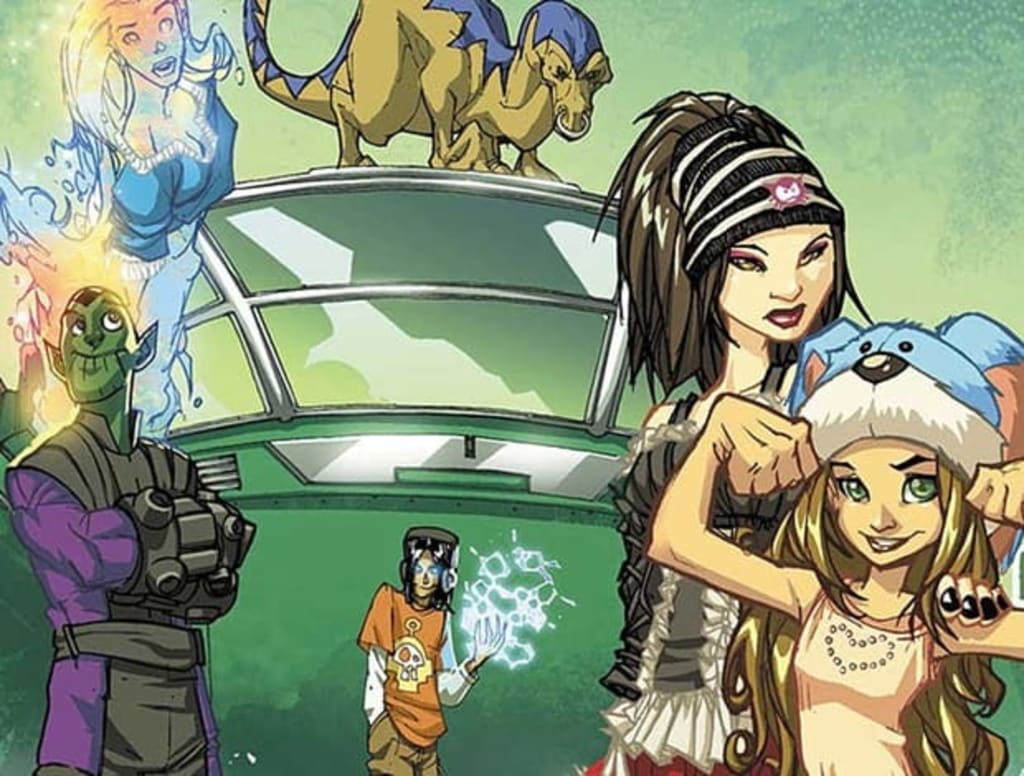
Created by Brian K. Vaughan and Adrian Alphona in 2003, the Runaways are a firm fan-favorite. The story of the Runaways began when six teenagers discovered that their parents were a cabal of supervillains — and what followed was legendary. In an age where almost every comic crossed over into the latest event, the Runaways were deliberately based in Los Angeles, standing largely separate from the broader continuity of the Marvel Universe. It made Runaways a remarkably accessible book, and promises to allow Marvel to make a creative TV series that stands firmly on its own two feet!
For those of you not familiar with the book, here's the story of Marvel's Runaways.
The Origin of the Runaways
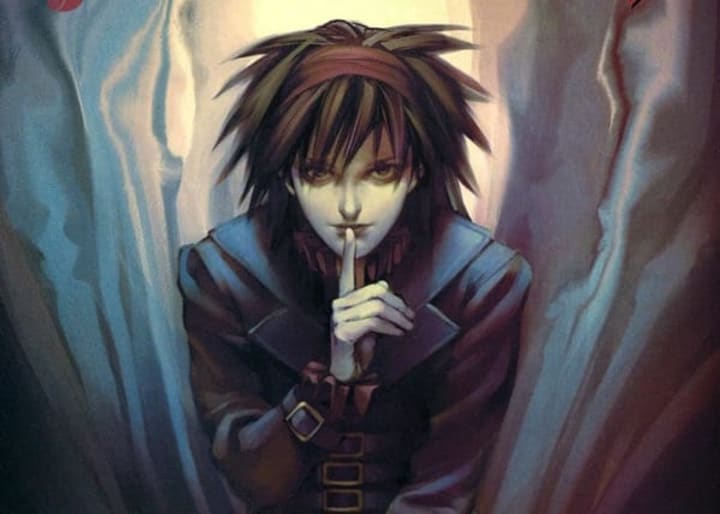
Nico Minoru, one of Marvel's coolest characters! [Credit: Marvel Comics]
It all began with six teenagers, whose wealthy parents gathered every year for what their children believed to be a 'charity' event. One fateful year, the teenagers spied on their parents and learned a horrific secret — their parents were actually a secretive cabal of supervillains, known as the Pride.
Horrified at the discovery, the teenagers went on the run, each learning their own secret origin. Nico Minoru learned that her parents were sorcerers, and inherited the power of a dangerous mystic item known as the Staff of One; powered by blood magic, it can perform any spell once. Karolina Dean learned that she is an alien, from a race known as the Majesdanians. When she took off her "medic aid bracelet," (which she'd been told to wear from an early age to signify her allergy to penicillin), she developed powerful light-manipulating abilities and her skin began to shift into a beautiful spectral form. Molly Hayes, the youngest of the group, learned that she was a mutant — the daughter of two telepaths — but with her own X-gene granting superhuman strength. Gertrude Yorkes discovered that her parents were time-travellers, and developed a telepathic link with a dinosaur. Alex Wilder's parents were simple gangsters, and although he lacked superhuman abilities, he soon proved to be a tactical genius. Finally, Chase Stein — hardly super-intelligent himself — stole advanced technology from his super-scientist parents.
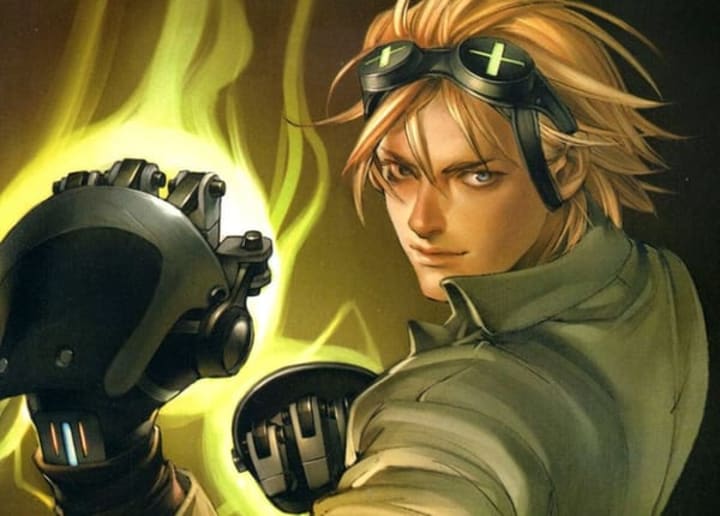
Chase Stein's greatest weapon, the Fistigons! [Credit: Marvel Comics]
What followed was a fantastic arc, setting the teenagers against their own parents. It subverted the traditional trope, where teenagers always believe their parents are evil; these teenagers' rebellion was actually a fight for good, because their parents really were evil! Although this first series briefly dabbled with code-names — Molly, for example, wanted to be known as Princess Powerful, while Nico opted for Sister Grimm — it largely avoided the traditional superhero tropes. Costumes and secret identities were ditched; the group didn't even have a formal code-name, and were referred to occasionally by other super-teams as "those kids in Los Angeles."
The first series came to a head in a fantastic arc, with the Runaways discovering that their parents had been granted success by extradimensional entities known as the Gibborim. The Runaways crashed the sacrificial ritual intended to satisfy the Gibborim, but Alex revealed he had betrayed them; he has chosen to fight alongside his parents. It all ended with tragedy, with the Pride killed by the Gibborim, and Alex dying too.
Embedding the Runaways in the Marvel Universe
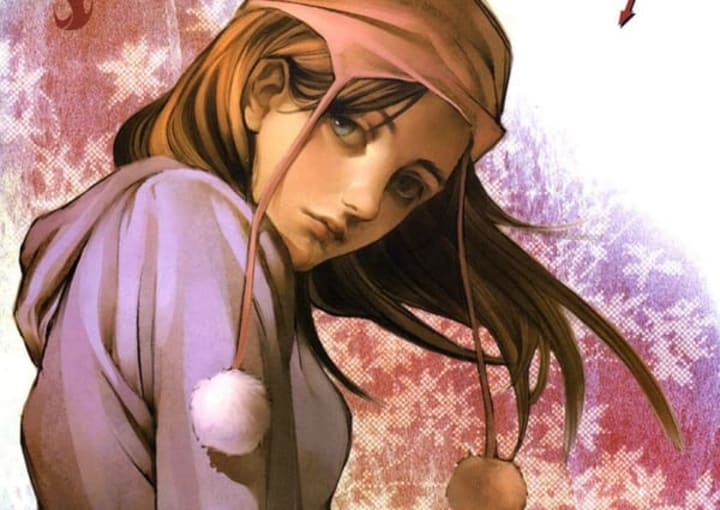
Molly Hayes, better known as Princess Powerful! [Credit: Marvel Comics]
In the aftermath of that final battle, the Pride's defeat — and public exposure — led to the Runaways being taken into care. By now they considered one another a family, though, and they outright rejected the idea that adults knew what was best for them — hadn't that been what their parents said? They broke out and went on the run once again.
Although the Avengers were distinctly uncomfortable with acts of teenage vigilantism, they settled for making public comments of their opposition to the Runaways rather than shutting them down outright. Meanwhile, the Runaways' roster expanded; they gained Victor Mancha, the cyborg 'son' of Ultron. Victor was facing an ominous future; that whole story was kicked off by the arrival of a dying Gertrude, travelling from a dark future timeline. In that timeline, she'd become leader of the Avengers, who had been brutally betrayed by Victor. The Runaways refused to believe that Victor's future was set in stone, and allied with him.
In a shocking twist, Karolina learned that her race was at war with the Skrull, and that she was promised in marriage to the Super-Skrull Xavin in an attempt to bring about galactic peace. She chose to accept the burden of marriage, but things didn't work out well; both Karolina and Xavin joined the team.
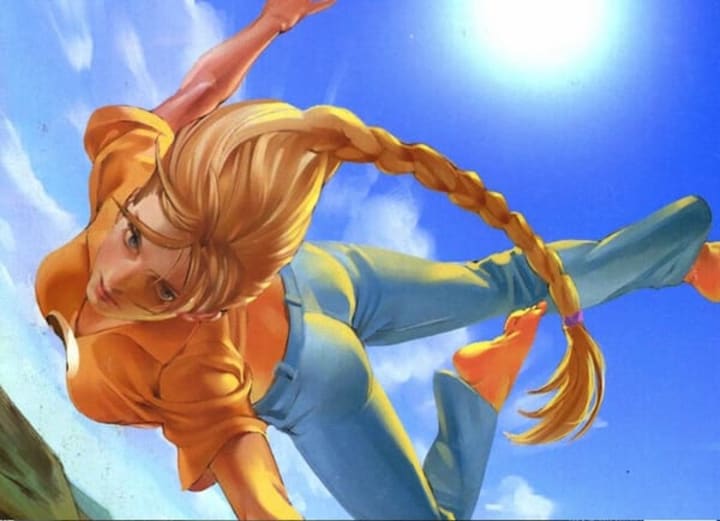
The brilliant Karolina! [Credit: Marvel Comics]
The "Civil War" event began the difficult process of embedding the Runaways in the wider Marvel Universe, with Iron Man trying to shut them down. It led to their first team-up with the Young Avengers. The two groups were thematically similar, and would go on to work together in various miniseries. A time-travel adventure, meanwhile, gave the Runaways another new ally; the plant-manipulating mutant Klara Prast.
By now, though, the magic of the Runaways was beginning to fade. Sales declined, and soon the ongoing series came to an end. The Runaways were relegated to occasional guest-appearances - ranging from Dark Wolverine #17-19 to Avengers Academy #27-28.
The End of the Runaways
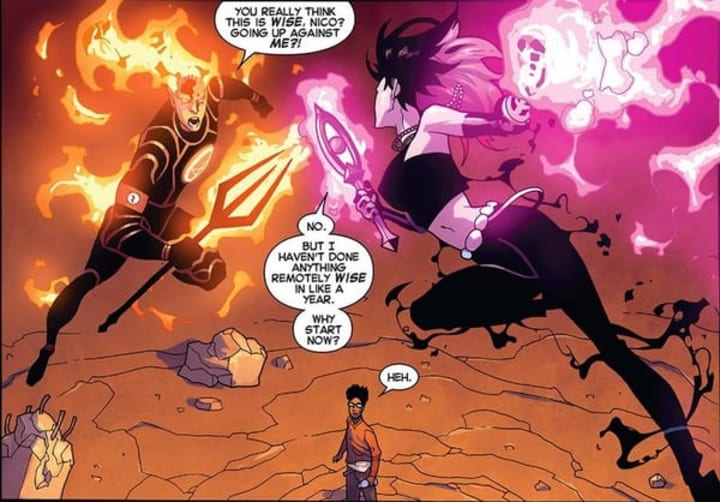
Nico battles Damian Hellstrom! [Credit: Marvel Comics]
Although Runaways had concluded, Marvel still clearly wanted to use the characters. Much to the disappointment of fans, Marvel revealed that the Runaways had quietly shut down, and began to feature some of the fan-favorite characters in other books. Victor became a key figure in Avengers A.I., a comic dealing with the threat and potential of artificial intelligence; Nico, meanwhile, was kidnapped by Arcade and thrust into the horrific Hunger Games-inspired events of Avengers Arena. Damaged by her experience in Arcade's Murderworld, Nico sought revenge as part of the Avengers Undercover team. The end of that series hinted that the Runaways finally reformed, while it also left Alex resurrected — but he'd signed a contract with Hell, and had to play the part of supervillain.
During the "Secret Wars" event, Marvel revealed an alternate-universe version of the Runaways. In this miniseries, a band of teenagers rebelled from Doom's training camp, and launched a fantastic quest across the patchwork planet of Battleworld. This miniseries featured a range of young characters from different backgrounds in the Marvel Multiverse, including an alternate-reality version of Jubilee who was in a lesbian relationship with an alternate-reality version of Pixie! Another version of Nico, meanwhile, played a key role in the female-centric superhero comic A-Force.
In the aftermath of "Secret Wars," Marvel decided to continue the A-Force, and the mainstream Nico became part of that team. Sadly, that book too has been discontinued.
What's Next for the Runaways?
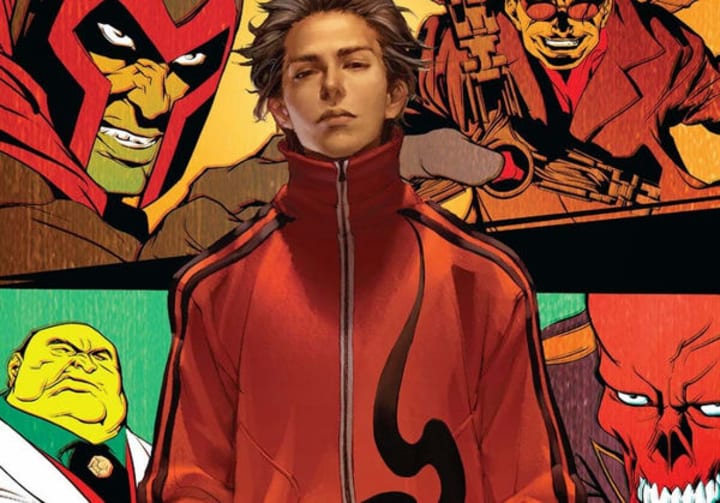
Will Victor eventually become a supervillain after all? [Credit: Marvel Comics]
Fans have been begging for a relaunch of Runaways pretty much since the last ongoing series ended, and I find it hard to believe that the Hulu TV series won't be the inspiration for a new ongoing. Meanwhile, there's no way to do Runaways without lifting a lot of the plot from that first arc, but from there I expect the TV series to head in a wildly different direction.
I suspect that Marvel has learned a crucial lesson with Runaways; the book was tremendously successful, and it was only when Marvel attempted to absorb the book into the mainstream Marvel Universe that it really began to fall apart. If Marvel is going to make the Hulu Runaways series work, the crucial lesson must be that it stands on its own two feet, distanced enough from the broader Marvel Cinematic Universe to be a critical hit in its own right.
So there you have it — the highlights of the phenomenal Runaways comics, some of the best comics Marvel has ever produced. I couldn't be more excited to see the Runaways finally making their MCU debut!
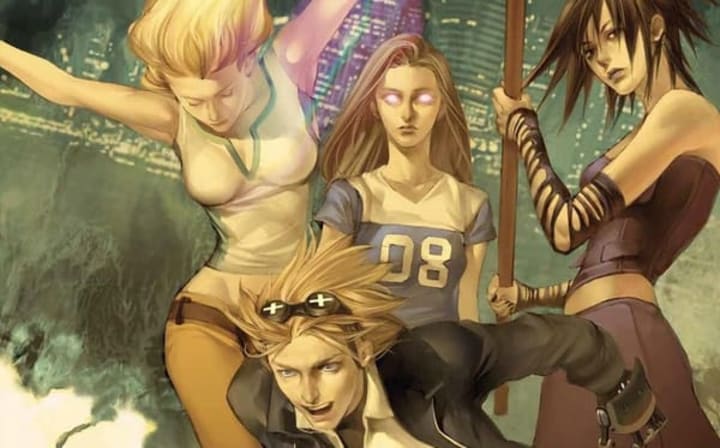
Here come the Runaways! [Credit: Marvel Comics]
About the Creator
Tom Bacon
A prolific writer and film fan, Tom has a deep love of the superhero genre.






Comments
There are no comments for this story
Be the first to respond and start the conversation.